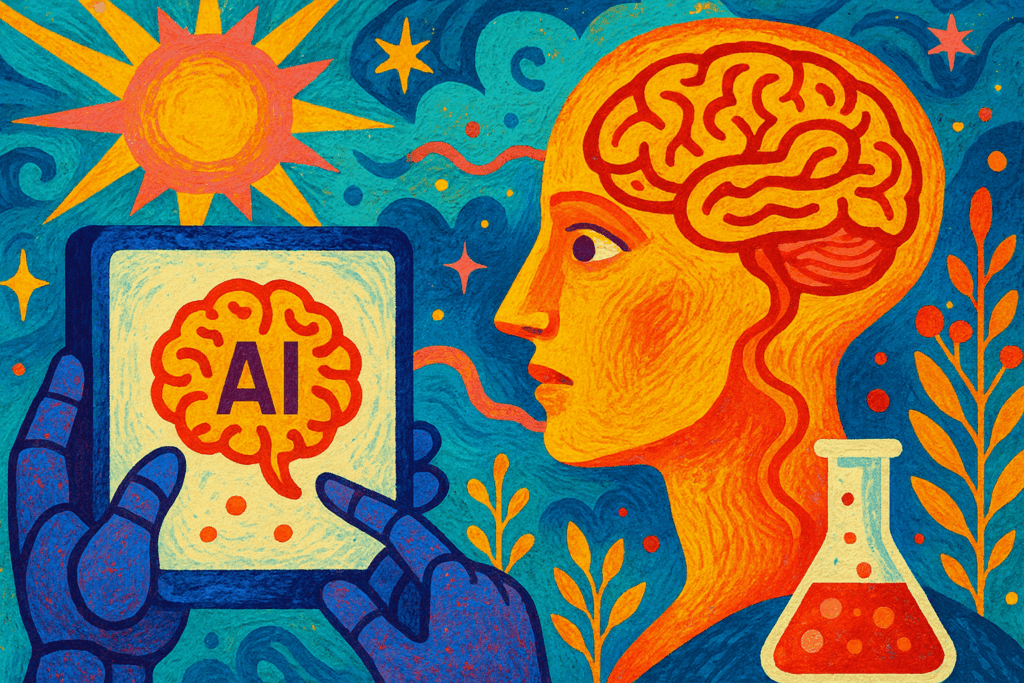Precision and Speed: AI’s Role in MRI Analysis
Prostate cancer diagnosis often involves lengthy waiting times that can affect treatment outcomes and patient well-being. Artificial intelligence (AI) is reshaping this landscape by rapidly analyzing MRI scans to identify suspicious lesions. Specialized AI algorithms efficiently process imaging data, highlighting areas of concern with greater speed and consistency than traditional methods. This advancement supports ‘one-day diagnostics,’ where patients receive quicker and more accurate assessments, reducing delays significantly.
Automating Lesion Detection
AI systems utilize deep learning techniques to detect abnormalities in prostate MRIs, assisting radiologists by automating lesion identification. These systems analyze large datasets to recognize patterns indicative of cancer, facilitating earlier detection. The automation shortens interpretation time and helps standardize reporting, making diagnosis more reliable and accessible across healthcare settings.
Streamlining Patient Journeys and Care
From Diagnosis to Treatment
Rapid and precise diagnosis facilitated by AI allows patients to progress swiftly from assessment to treatment. Faster results decrease patient anxiety and enable healthcare providers to initiate therapies sooner, potentially improving prognosis. Early detection is vital in prostate cancer care, and integrating AI into diagnostic pathways supports personalized management strategies. Experts highlight that reducing waiting times is beneficial for patients’ physical and mental health.
A Blueprint for Global Healthcare Innovation
Scaling Successful Models
Pilot projects utilizing AI to expedite prostate cancer diagnosis demonstrate the potential for worldwide adoption. These initiatives show that investment in AI technologies can improve healthcare system efficiency and patient outcomes beyond regional boundaries. Strategic funding and collaboration can help replicate and scale these models, adapting them to diverse health infrastructures globally. Such advances mark a step toward more accessible, patient-centered oncology services.
Artificial intelligence is redefining prostate cancer diagnostics by combining speed and accuracy with patient-focused care. Its integration into medical imaging and diagnostic pathways presents meaningful opportunities for health systems worldwide to address delays and improve cancer outcomes effectively.




